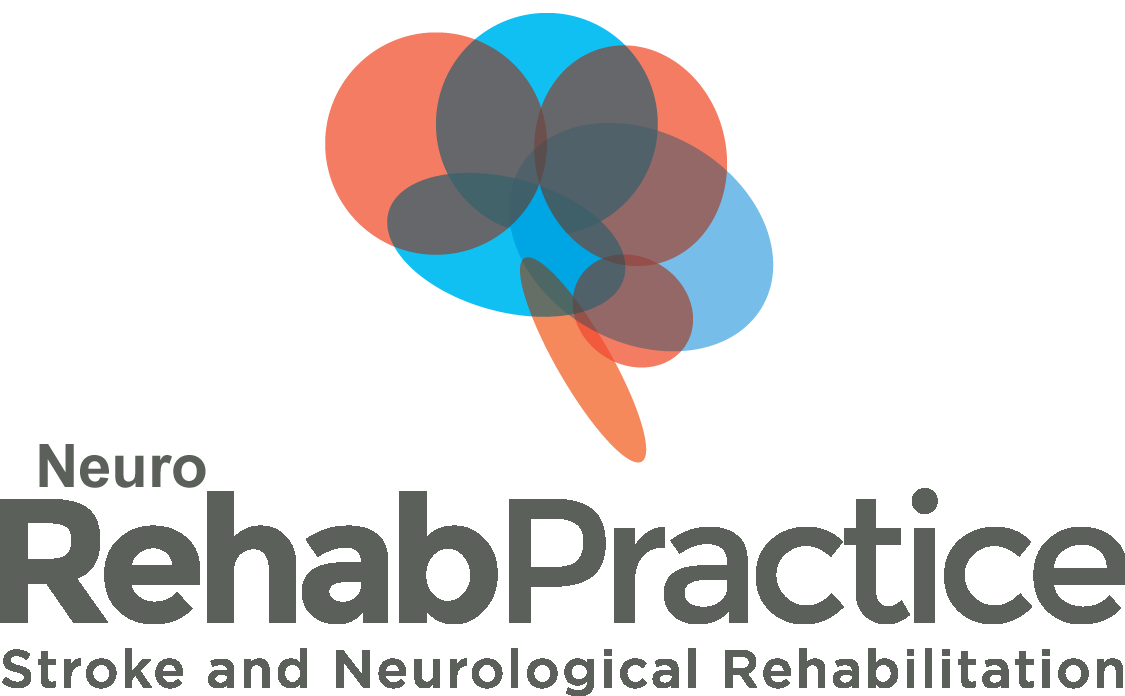The Rehab Practice Ltd Trading As:

Progressive Supranuclear Palsy (PSP)
How PSP may affect you
Progressive Supranuclear palsy is a neurological condition that causes progressive loss of nerve cells in certain parts of the brain. Over time these changes can cause difficulties with walking, balance, speech, swallowing, vision, mood, behaviour, and thinking. In its early stages, symptoms can present in a similar way other conditions like Parkinson’s Disease, Alzheimer’s disease, or MSA. A more distinguished symptom of PSP is the inability to move your eyes properly and can often result in blurred vision.
Your Assessment
On your initial assessment, we look at how your symptoms and impairments affect you and your functional abilities. With PSP we look specifically at your ability to move and perform functional tasks with respect to strength, muscle tone, balance, posture, and vision. We also consider how other symptoms (i.e. poor sleep quality, slurred speech, cognitive changes), may affect your day to day activities. We observe and take measurements to establish a baseline, as well as help you set goals specific to the targets you want to achieve.
Treatment Plan
Like many other neurological conditions, there is no cure for PSP. However, it is possible to manage your symptoms in a way that optimising your quality of life and reduced the secondary effects of the disease. We look at how we can optimise your ability to move and perform certain tasks as safely as possible. In addition, we continue to monitor your progress throughout your treatment and adapt your goals accordingly.
Treatment Sessions
With reference to the assessment and treatment plan, we tailor the person’s sessions accordingly. Treatment sessions may include hands-on therapy, gait and transfer training, aerobic training, balance activities, fall prevention strategies, visual tracking exercises as well as motor-cognitive exercises. We look at ways we can provide training and support to family and carers. We may also look at whether a person would benefit from other equipment or orthotics to assist in their recovery. In addition to this we will make appropriate referrals on to other services or therapies e.g. for further medical investigations, or linking with local charities and support groups.
